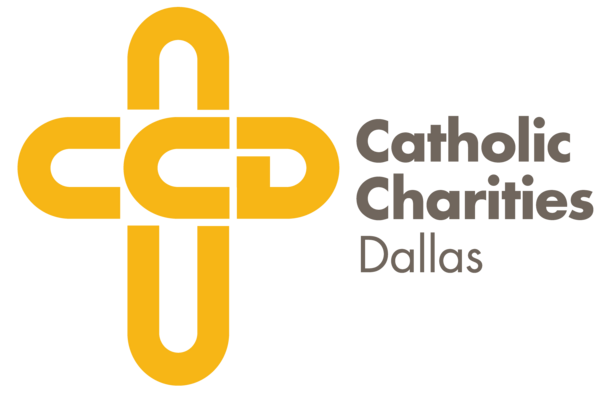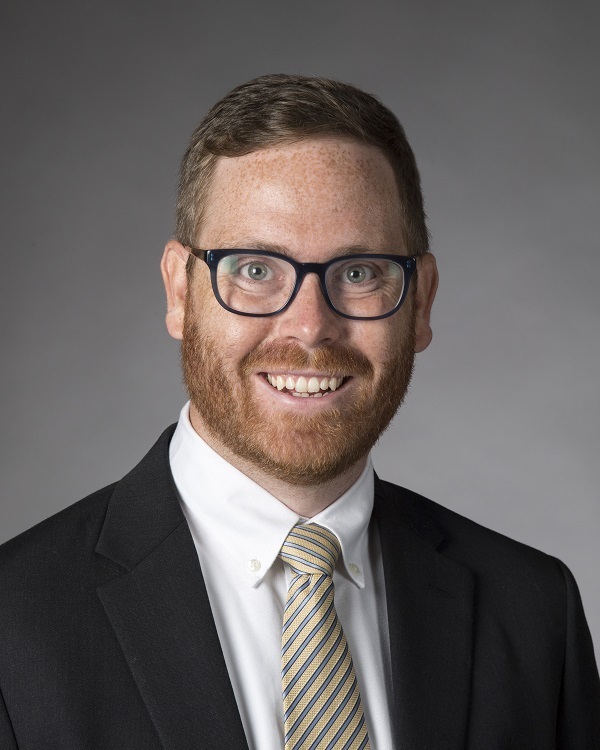Bad things tend to happen in threes. Unless you’re poor. When you’re poor, a single misstep or stroke of bad luck can lead to a domino effect of misfortune that is difficult to stop and even more difficult to overcome. A broken-down car becomes a missed shift, a lost job, an overdraft fee, and in some cases, even an eviction. “Anyone who has ever struggled with poverty knows how extremely expensive it is to be poor,” said renowned writer James Baldwin. Anyone who is poor, or serves the poor, can tell you he’s right.
Catholic Charities (CC) Dallas knows this reality. As an organization that provides aid and services to the underprivileged or down-on-their-luck families, they know a one-time service is unlikely to be a long-term solution. Instead, CC Dallas provides wrap-around services through their Financial Stability and Career Services (FSCS) program and has been for more than 10 years.

Flexible impacts
Patrick Turner, LEO research faculty, studies the impact of FSCS. “When finances are tight, it is really tough to manage money across short-term needs, long-term savings, and being able to set aside money for goals like homeownership or getting a car,” said Patrick. “These challenges may compound if lack of stable housing, reliable transportation, or other shocks affect a person’s ability to consistently work and earn an income.”
For this reason, participants in the program can receive anything from housing assistance, matching savings, food donations, vocational training, and more. Families and recipients are drawn into the program by different challenges, but once enrolled, they are each assigned a coach and complete an assessment of their finances. With their coach, recipients set financial goals for themselves that they work towards over the course of several months.
Upwards and onwards
“Some people come in because they are behind on rent, others have no income and are looking for a job”, said CC Dallas Chief Services Officer Jari Mema. Regardless of what they come in for, participants leave the program better off. Like Amy. Amy was referred to FSCS after her apartment building caught fire. With no savings or rental insurance, Amy was left without a place to live and no funds to stay in a hotel. She was left with nothing but her job. Amy was being served through CC Dallas’s disaster program. They helped find her an apartment and were paying her rent while she got back on her feet. During that time, Amy joined FSCS to help her budget for her new apartment. FSCS also helped Amy land a better job making more money. While receiving services, Amy was able to start a savings account and saved upwards of $2,000. After facing a trying life event, Amy walked away with a better job, more income, better money-management skills, and the security of having emergency savings. Now, Amy volunteers at the food pantry and pays forward the support she received.

Amy was given temporary support until she could thrive on her own. However, not all FSCS clients can make ends meet even after budgeting and cutting expenses. “A single mom can’t make it without subsidies,” said Jari. In these cases, FSCS finds government subsidies that clients are eligible to receive, so they can get to a place where they are spending less than they make.
“We use all the programs that are available that people don’t know exist, but [FSCS] knows about,” said Jari. FSCS encourages all clients to visit food pantries and use all resources available to them to cut expenses and begin saving. “When [clients] are offered more than one service, they are more likely to succeed and financially thrive,” said Jari.
FSCS has now partnered with LEO to measure just how successful clients are after completing the program. Clients are randomized to determine who receives services in order to measure the impact the program has on clients’ finances. Patrick and his team have started to survey study participants 1-year after they enrolled in the study. “Getting to look at the data and start to see how folks’ experiences have changed because of a program is always the best part,” said Patrick, “the culmination of much work on CCD’s side.”